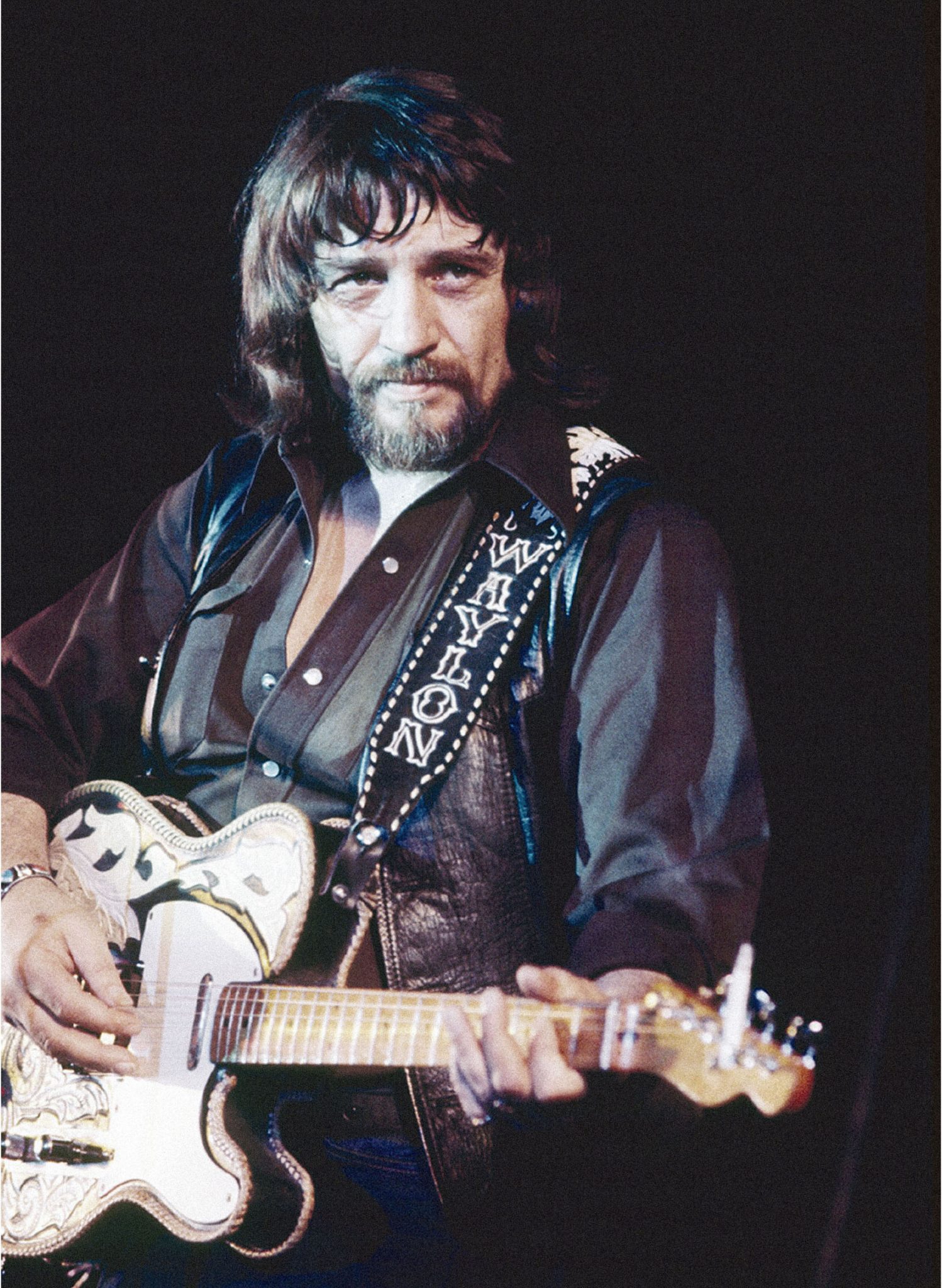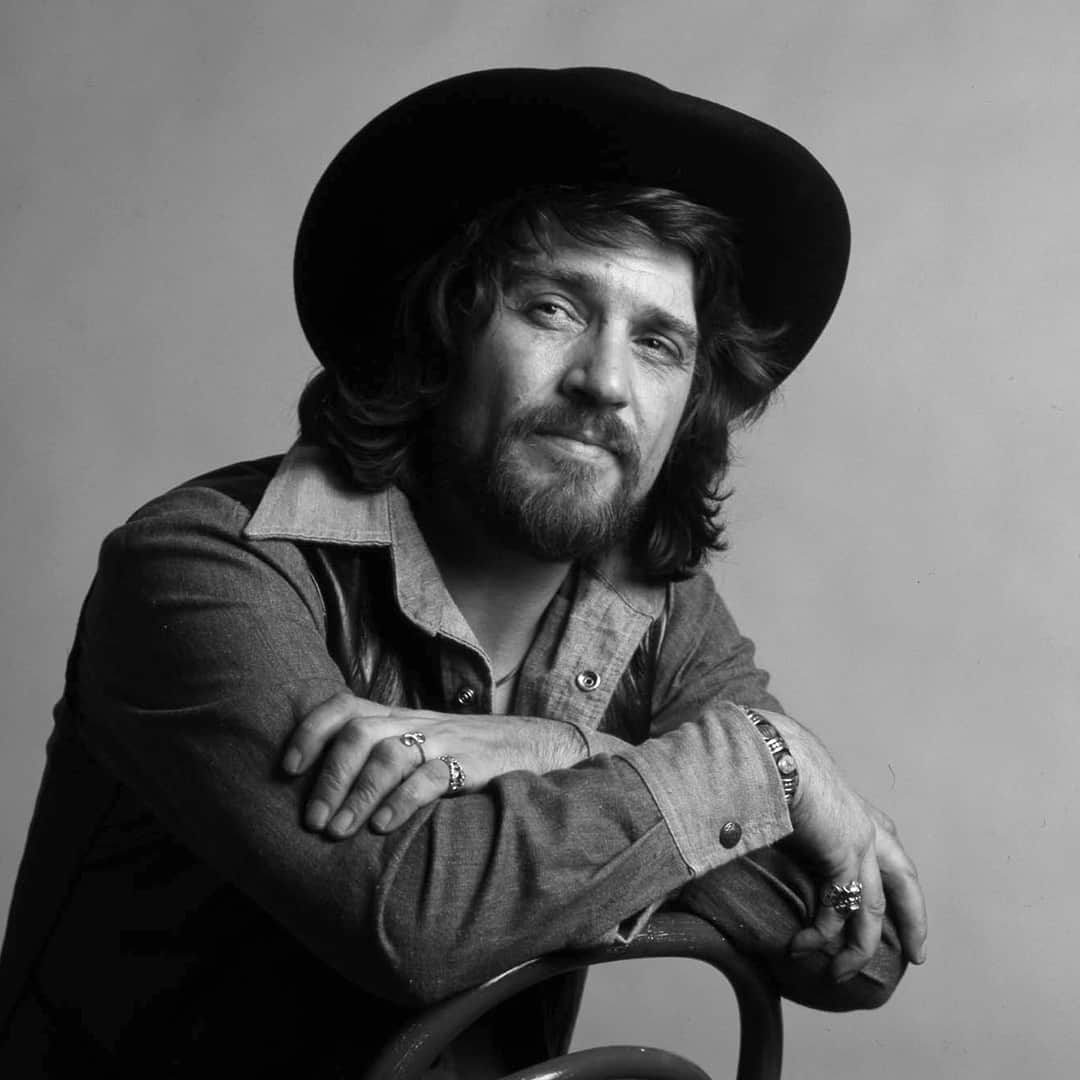Waylon Jennings: The Legend Of Outlaw Country Music
Waylon Jennings is a name synonymous with the Outlaw Country genre, a style that revolutionized country music in the 1970s. His unique sound, characterized by a blend of rock and traditional country, has left an indelible mark on the music industry. In this article, we will explore the life and career of Waylon Jennings, delving into his early years, musical influences, and the legacy he left behind. Whether you're a long-time fan or a newcomer to his music, this comprehensive guide will provide you with valuable insights into the artistry of Waylon Jennings.
Born on June 15, 1937, in Littlefield, Texas, Waylon's journey to stardom was anything but ordinary. He faced numerous challenges before ultimately becoming one of the most influential artists in country music history. Throughout his life, Jennings experienced the highs and lows of fame, and his story is one of resilience and passion for music.
As we dive deeper into Waylon Jennings' life, we will examine key milestones in his career, his collaborations with other legendary artists, and the impact of his music on subsequent generations of musicians. Join us as we celebrate the life of a true pioneer in country music.
Read also:Secure Your Financial Future With Safe Federal Credit Union
Table of Contents
- Biography of Waylon Jennings
- Early Life and Influences
- Musical Career Highlights
- Collaborations with Other Artists
- The Outlaw Country Movement
- Legacy and Influence
- Personal Life
- Conclusion
Biography of Waylon Jennings
| Full Name | Waylon Arnold Jennings |
|---|---|
| Date of Birth | June 15, 1937 |
| Place of Birth | Littlefield, Texas, USA |
| Genres | Country, Outlaw Country, Rock |
| Occupation | Musician, Singer, Songwriter |
| Years Active | 1958–2002 |
| Notable Albums | Honky Tonk Heroes, Dreaming My Dreams, Wanted! The Outlaws |
| Date of Death | February 13, 2002 |
Early Life and Influences
Waylon Jennings was born into a modest family, and his love for music began at an early age. Growing up in Texas, he was influenced by a variety of musical styles, including country, blues, and rock 'n' roll. His first exposure to music came from listening to the Grand Ole Opry on the radio and playing guitar.
Jennings' early career started in the 1950s, when he worked as a DJ and performer in local clubs. He gained his first break while playing guitar for Buddy Holly, which significantly shaped his musical path. Tragically, Holly's death in a plane crash in 1959 deeply affected Jennings and marked a turning point in his life.
Musical Influences
- Hank Williams
- Johnny Cash
- Bob Dylan
- Buddy Holly
Musical Career Highlights
Waylon Jennings' musical career took off in the 1960s when he began recording his own music. His early albums, such as "Waylon at JD's" and "Only the Greatest," showcased his distinctive voice and style. However, it was his collaboration with producer Chet Atkins that truly catapulted him to fame.
In 1973, Jennings released the groundbreaking album "Honky Tonk Heroes," which is often credited with helping to establish the Outlaw Country movement. This album featured a mix of original songs and covers, all delivered with Jennings' signature grit and authenticity.
Chart-Topping Hits
- "Luckenbach, Texas (Back to the Basics of Love)"
- "Good Hearted Woman"
- "Mammas Don't Let Your Babies Grow Up to Be Cowboys"
- "Are You Sure Hank Done It This Way"
Collaborations with Other Artists
Throughout his career, Waylon Jennings collaborated with numerous artists, further enriching his musical repertoire. One of his most notable partnerships was with Willie Nelson, resulting in the iconic album "Wanted! The Outlaws," which featured hit songs that are still beloved today.
Jennings also collaborated with other prominent figures in the country music scene, including Jessi Colter, his wife, and several other Outlaw Country artists. These collaborations not only showcased his versatility as a musician but also solidified his status as a leading figure in the genre.
Read also:Remy Lacroix Iconic Star In The Adult Film Industry
The Outlaw Country Movement
The Outlaw Country movement emerged in the 1970s as a response to the polished, commercial sound of Nashville. Waylon Jennings, along with artists like Willie Nelson, Merle Haggard, and Kris Kristofferson, played a pivotal role in defining this new sound. They embraced a more raw and authentic approach to songwriting, often drawing inspiration from their personal experiences.
Jennings' impact on the Outlaw Country movement cannot be overstated. His rebellion against the traditional country music establishment resonated with fans and inspired a new generation of artists to embrace their individuality and express their truths through music.
Legacy and Influence
Waylon Jennings' legacy continues to thrive long after his passing. His contributions to country music have left an indelible mark on the genre, influencing countless artists who followed in his footsteps. The Outlaw Country movement, which he helped establish, paved the way for future musicians to explore their unique styles and narratives.
In recognition of his impact, Jennings received numerous awards throughout his career, including induction into the Country Music Hall of Fame in 2001. His music remains a staple on playlists, and his songs are frequently covered by new artists, ensuring that his legacy endures.
Personal Life
Waylon Jennings' personal life was as colorful as his music. He was married three times, with his most notable relationship being with Jessi Colter, a successful country artist in her own right. Together, they had a son, Shooter Jennings, who has followed in his father's footsteps as a musician.
Jennings faced various challenges throughout his life, including struggles with substance abuse, but he ultimately overcame these obstacles and became an advocate for sobriety. His experiences have inspired many fans and aspiring musicians to persevere through their own struggles.
Conclusion
Waylon Jennings was more than just a musician; he was a revolutionary figure in country music, a pioneer of the Outlaw Country movement, and an inspiration to countless artists. His unique sound and authentic storytelling continue to resonate with audiences today. As we reflect on his life and career, it is clear that Waylon Jennings will always hold a special place in the hearts of music lovers.
If you enjoyed learning about Waylon Jennings, feel free to leave a comment, share this article with fellow music enthusiasts, or explore more articles on our site to discover other influential artists in the world of country music.
Thank you for joining us in celebrating the life and legacy of Waylon Jennings. We hope to see you again soon for more insights into the world of music!
Article Recommendations


